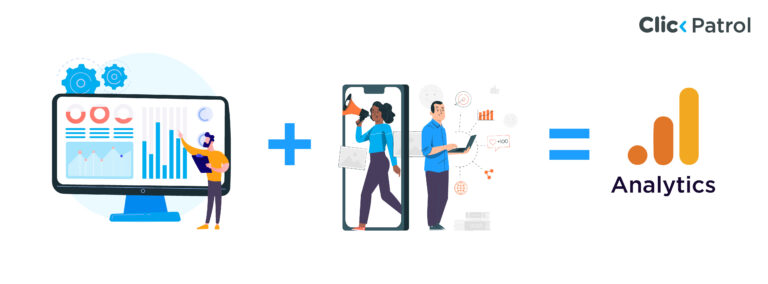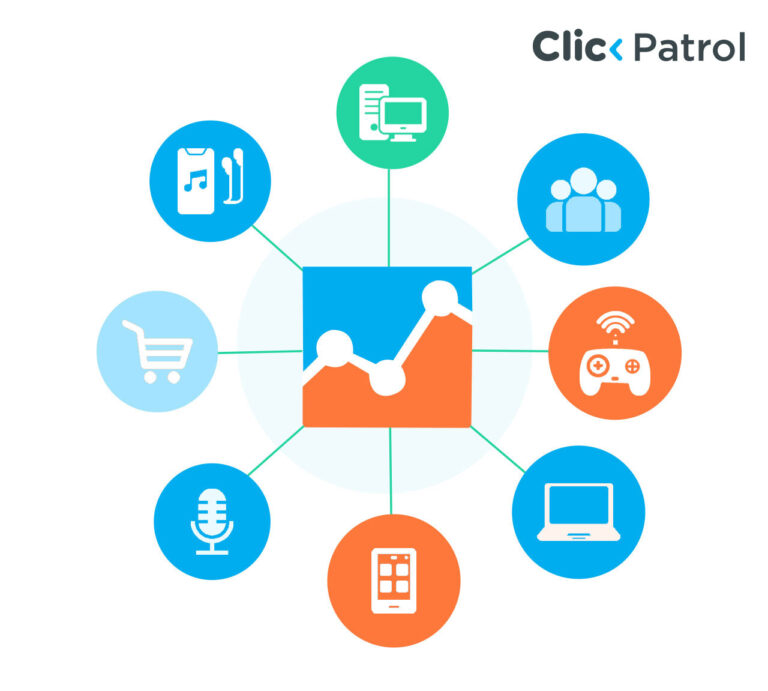
How To Improve Scraping Protection for WordPress
Abisola Tanzako | Aug 22, 2024

Table of Contents
Scraping protection for wordpress is an essential step to protecting your investment.
Content scraping is the unapproved collection, utilization, and dissemination of content from one website to another. It is a common problem that many WordPress website owners deal with, and it can negatively impact their online reputation and business. WordPress website owners must either take proactive actions to stop their valuable content from being scraped or select a WordPress development services provider who can assist them in taking the right steps.
This article will discuss automated and manual ways to stop content scraping on WordPress websites.
What is WordPress blog content scraping?
WordPress blog content scraping is automatically extracting and republishing articles, blog posts, and other types of information using software or scraper bots. These websites are crawled by these scraping tools, which look for useful content to copy or scrape for publication on other websites or platforms, often without permission or proper acknowledgment.
Scraping blog content presents severe problems for WordPress website owners and bloggers. It undermines the time, effort, and creativity of creating original content. can also have detrimental effects on SEO initiatives. Scraped content might produce duplicate content that needs to be clarified for search engines and lowers their ranks and exposure. This may directly impact organic traffic and prevent the success and growth of a WordPress blog.
Scraping Protection For WordPress: Why do they steal content?
Content scraper steals content for several reasons. Some of these include the following:
1. Website traffic and revenue generation
Content scrapers may use content theft to rapidly and easily add useful material to their websites. They use this in an effort to draw in visitors, make money from advertisements, or raise the perceived value of their website among prospective customers.
2. Time and effort savings
Material scraping is a quick way to acquire pre-made material without spending the time and energy necessary to produce it. Without really doing the research or the creative effort, scrapers can swiftly amass a library of articles or blog posts.
3. Niche domination
Scrapers may target popular blogs or reputable websites in competitive niches to steal their content and directly compete with them. By disseminating almost identical or comparable content, they aim to devalue the original and obtain a portion of their audience and the source’s authority.
4. Search engine rankings
To increase their online presence and possibly raise their search engine rankings, scrapers frequently repost content they have already scraped. They use the SEO value of the original content to increase organic traffic and website visibility for their own websites.
5. Content syndication and aggregation
Some content scrapers defend their practices by claiming to be content aggregators or syndicators. To add value to their audience, they gather content from many sources and deliver it in a carefully chosen format. However, this is frequently done without the right credit or consent. It is crucial to remember that content scrapers violate the rights of original content providers, lessen the original content value, and hurt the original sources’ reputations and SEO campaigns.
Why it is important to prevent blog content scraping
It is important to stop blog content scraping for several reasons. First and foremost, it safeguards blog owners’ intellectual property rights. It is unfair for others to profit from the time, energy, and experience required to produce high-quality content without authorization. By prohibiting scraping, blog owners can keep control over their work and guarantee they are given credit for their original ideas.
Secondly, stopping content scraping contributes to maintaining a blog’s originality and integrity. The unique voice and character of the original blog are diminished when content that has been scraped from other blogs is distributed widely. Bloggers can take precautions against scraping and keep their content unique to their platforms.
Search engines value original and distinctive content, so when content is scraped and posted on other websites, it can hurt the original blog’s search engine results. By taking precautions against scraping, blog owners may continue their SEO efforts and avoid trouble for duplicate content.
Is it possible to stop content scraping completely?
Although it is difficult to stop content scraping totally, it is possible to reduce and identify its occurrence greatly. It is difficult to avoid because both determined persons and automated bots often do material scraping. Preventive actions, however, might make it harder for scrapers and deter them from focusing on your content. Below are some preventive actions to take:
- Monitoring and reporting
- Watermarking and attribution
- Plug-ins for content protection
- Notices about copyright and terms of service
- Safety Procedures
While total prevention might be difficult, combining these tactics can greatly lessen the possibility and effect of content scraping. It’s critical to maintain vigilance, watch for instances of scraping, and act quickly to safeguard your unique content and intellectual property rights.
How to protect your WordPress blog from scraping
1. Trademarks or copyright name and logo for your blog
To build your brand identity and stop others from abusing or stealing your blog’s name and logo, you must protect them. Copyright protects writings that are original works of authorship; trademark registration protects your company name, logo, or tagline. You obtain legal rights and the ability to take action against infringement by obtaining copyright or trademark protection.
Original works of authorship, such as plays, songs, books, and artwork, are safeguarded by copyright laws. This would include your blog’s name and logo, but it might not cover the substance of your entries. However, words, phrases, symbols, or designs that identify and set apart the source of products or services are protected by trademarks. Speaking with an intellectual property lawyer is usually advised to ensure that you protect your work appropriately.
2. Make your RSS feed harder to scrape
RSS feeds are a popular target for content extraction bots. To make your RSS feed harder to scrape, you can restrict the number of items in the feed, display only summaries rather than the full content, or use plug-ins to customize and secure your RSS feed. These strategies keep scrapers at bay and give you more control over how your content is distributed.
Partial content in RSS feed: Instead of including the full post content in your WordPress RSS feed, include a summary or excerpt of each post. This information includes a brief overview and essential metadata like the date, author, and category.
Argument over full vs. summary feeds: There is debate about whether or not to provide full RSS feeds, but choosing summaries can assist in preventing content scraping. You can restrict the value that automated scraping bots can extract from the feed by not including the whole post.
Preventing content theft: If you use the summary-only strategy, someone attempting to steal your content via the RSS feed will only get a synopsis of the post instead of the entire text.
Tailoring summarizes: This gives you command over the content in the RSS feed summary.
3. Turn off pingbacks and trackbacks
Scrapers can use pingbacks and trackbacks to build backlinks to their websites automatically. You can stop scrapers from using these features to create links without your permission by turning them off in your WordPress settings. Turning off trackbacks and pingbacks also improves the efficiency of your website by cutting down on spam and pointless alerts.
Track backs and ping backs function by informing your blog whenever a different website connects to one of your articles. These alerts, including a link to the original website, appear in your comment moderation queue. It also encourages spammers to harvest your content and send trackbacks for personal benefit. Thankfully, you can disable trackbacks and pingbacks to prevent spammers and content scrapers from using them.
4. Do not allow manual copying of your content
Discourage human copying of your content, even when automated scraping is a prevalent worry. Ensure your website has prominent copyright warnings alerting people that your work is copyrighted and should not be duplicated without authorization. Inform your audience about plagiarism’s negative effects and the value of respecting intellectual property rights.
5. Turn off right click
Turning off the right-click feature on your website is one tactic to discourage content scraping. If you make the browser’s context menu, which usually includes choices like “Save Image As” or “Inspect Element,” inaccessible to users, potential scrapers may find it difficult to copy or extract your content.
Safeguard your Investment
In addition to violating the rights of content creators, content scraping puts SEO, traffic, and money at risk. By prohibiting scraping, bloggers can safeguard their intellectual property, keep their work original, and uphold their hard-earned reputation. However, stopping blog content scraping is a continuous process that requires preventative measures, alertness, and proactive activities.
Bloggers can safeguard their content, preserve their online presence, and keep their audience engaged by implementing the abovementioned strategies and staying current on emerging scraping strategies.
FAQ
What WordPress plug-in prevents scraping?
Anti-Scraper Plug-in: Install a plug-in that detects and discourages scraping operations, such as WordPress Data Guard (Website Security). These plug-ins can assist in spotting questionable activity, stopping automated scraping, and sending out notifications when attempted scraping is discovered.





